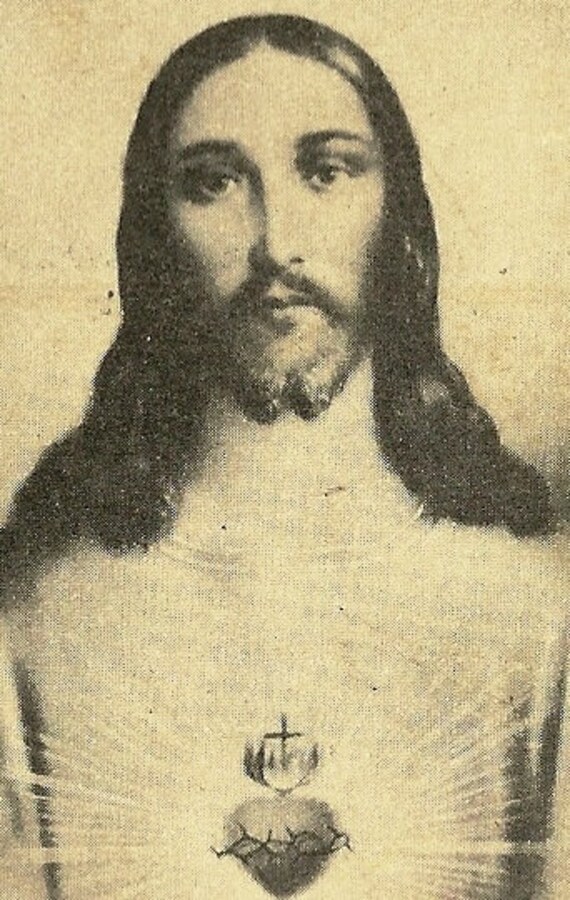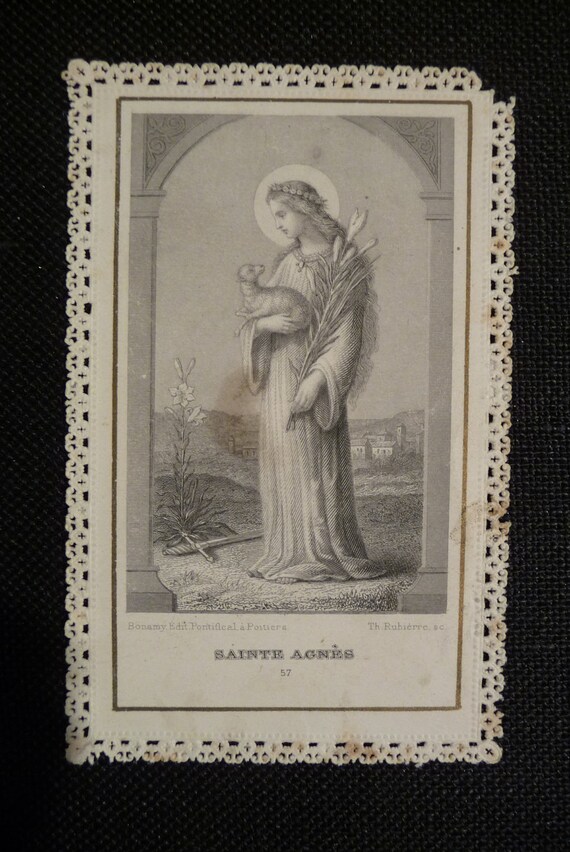The Kinds of Prayer
Part 2
There are two general kinds of
prayer, mental and vocal. The first consists in thought only, as when
we think reverently of God, of His eternity, immensity, power, goodness,
mercy, and the like; or whenever our mind dwells with pious reflection
on divine
things, such as the Holy Sacrifice of the Mass, the Sacraments, the
Blessed Virgin or the saints, the future state of souls, heaven,
purgatory, and the life to come. The contemplation of God, of His
attributes, or of any divine truths, which arouses pious
affections or occasions good resolutions, comes under the head of
mental prayer. As we can reflect in our own way and with sentiments of
love on the persons of our friends and relatives who are far away, as we
can think of their qualities of mind and soul,
of all they have done or been to us, so in our minds alone, without the
use of words, we can think affectionately and interestedly of God and
of divine truth; and this is what is meant by mental prayer. No special
method or system is required for this act
of religion. Neither is it necessary to single out mediation any
particular divine subject. Rather we should dwell on those mysteries
which appeal to us most, and from contemplation of which we derive most
spiritual fruit. Doubtless the life of our divine
Saviour is the most attractive and fruitful subject of our pious
thoughts, since it is the easiest to dwell on and the most universal in
its appeal.
Vocal prayer adds to mental prayer the use of words, or external
expression of our thoughts. Its usefulness lies in the fact that it
helps the mind to fix and hold attention, that it reinforces our
thoughts thus increasing fervor and devotion, and that
it joins the homage of the body to that of the soul. Here again, for
private prayer, no expressions are necessary, although the most
beautiful vocal prayers are those which have been handed down to us from
our Lord, the Holy Scriptures and the Church.
From Blessed be God






